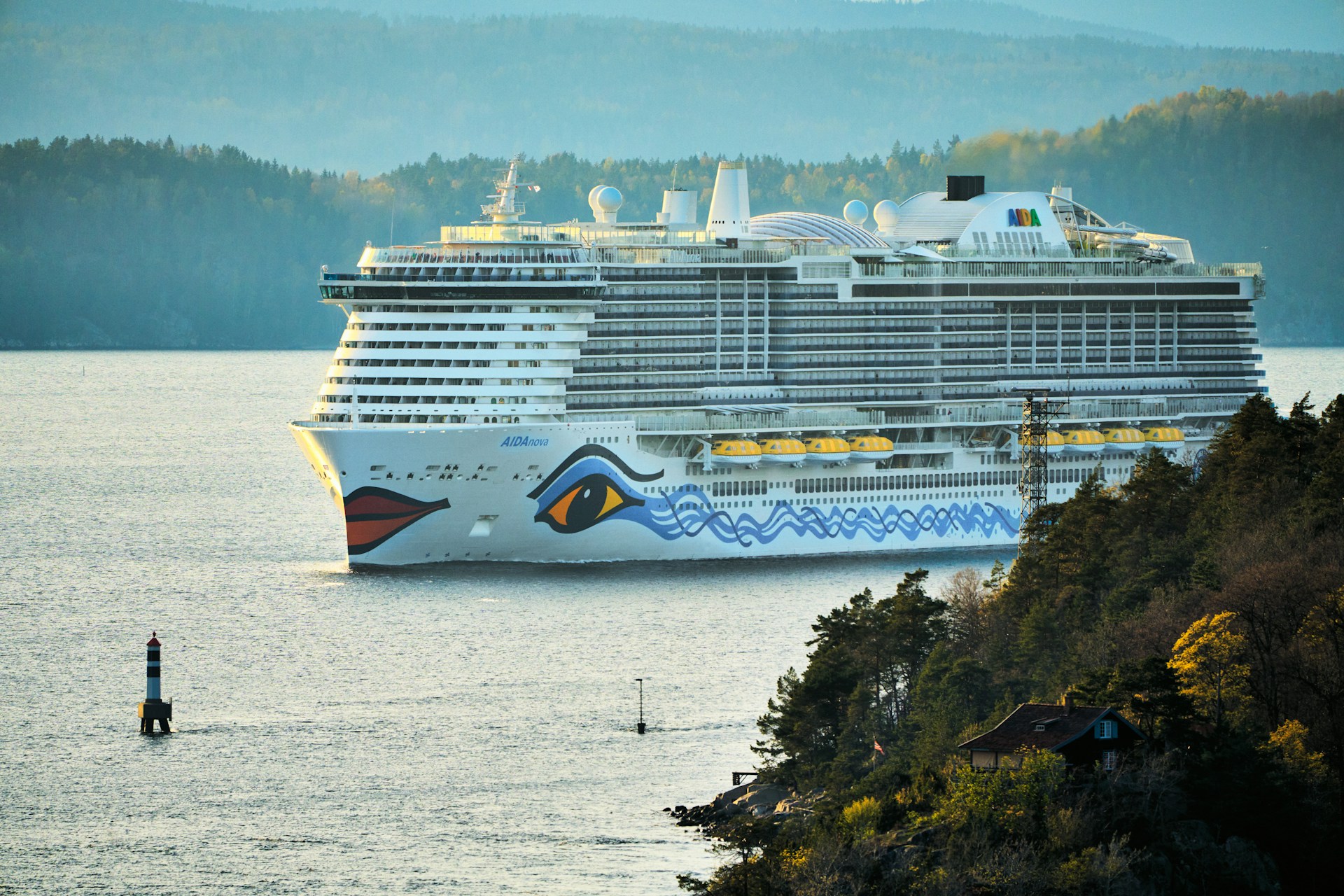AIDA Expands Biofuel Use and Shore Power Connections

AIDA Cruises announced that during the first half of 2025, it consumed over 3,300 tons of bio-LNG on the AIDAnova and completed more than 250 shore power connections across its fleet by the end of August.
Following a pilot project in 2024, the company sourced ISCC EU-certified bio-LNG at the ports of Hamburg, Kiel, and Zeebrugge, with the AIDAnova alone using more than 3,300 tons during the first six months of 2025.
“It’s widely understood that sustainably produced biofuels can only contribute to achieving the climate goals of Paris, the EU and the IMO in the short term due to their limited availability,” said Dirk Inger, senior vice president of public affairs, communication and sustainability at AIDA.
“That’s why we are working with partners from science and industry to explore future applications of so-called e-fuels on our cruise ships, which are produced from renewable energies,” Inger added.
The company noted that it has been using biofuels on the AIDAprima since 2022. In 2024, the ship operated fully on residual biofuel (BMF 100) during a test, which reportedly cut CO₂ emissions by more than 90 percent.
All LNG-powered ships in the AIDA fleet are equipped to switch to bio- and e-fuels as they become more widely available. The line’s next generation of ships, entering service in 2030 and 2031-32, will also be designed to run on these fuels.
AIDA emphasized its long-standing commitment to shore power, which has been factored into ship design for more than two decades. Connections increased from 65 in 2023 to 381 in 2024, with more than 400 expected by the end of 2025.
The company also highlighted other technologies aimed at lowering emissions and improving efficiency. In 2022, a 10 MWh battery storage system was installed on the AIDAprima. AIDA invests millions annually in efficiency upgrades, such as improvements to air conditioning, refrigeration, and waste heat recovery systems.
All ships are equipped with an integrated energy management system and linked to a digital platform that provides data to optimize performance. Artificial intelligence is also being applied to further enhance energy efficiency across the fleet.